WASHINGTON, D.C. – District of Columbia Councilman Zachary Parker (D) is pushing back against the portrayal of the nation’s capital as unsafe while criticizing the federal government’s deployment of law enforcement and National Guard troops in the city. During a Wednesday appearance on CNN’s Situation Room, Parker said the move is a “political stunt” that endangers residents rather than protecting them.
Rejecting “Dangerous City” Label
CNN host Wolf Blitzer began the interview by asking Parker for his reaction to the heightened federal presence in Washington.
“I would say it’s outrageous,” Parker responded. “Residents are demanding that we push back on what’s happening in this city, as well as the characterization that D.C. is some slum and dangerous.”
Parker argued that the narrative of Washington being consumed by crime does not reflect the daily experiences of residents, even as the city continues to deal with incidents of gun violence. He emphasized that the issue is less about statistics than about perception and the way political figures outside of the District use crime as a talking point.
Federal Presence Called “Wasteful and Ineffective”
Parker also criticized the federal government’s role in recent weeks, saying the surge of federal officers in the city has done little to enhance safety.
“What we do know is that the federal government is wasting millions of dollars through this political stunt that is not making residents safer,” Parker said. “In fact, when you look at the numbers, the federal government is producing worse outcomes than our Metropolitan Police Department would on an average night.”
Parker pointed out that the Metropolitan Police Department (MPD), which has deep ties to local communities, is better positioned to reduce crime than outside officers who lack local context.
Questionable Deployment Zones
Blitzer pressed further, noting that observers have seen most federal officers and National Guard members concentrated in high-profile tourist areas, including the National Mall and Union Station, rather than neighborhoods where violent crime has been a greater concern.
Parker agreed, saying, “That is my understanding. We are seeing National Guardsmen deployed near Metro stations and on federal properties.”
The councilman stressed that while he respects the service of the Guard, their role is being misapplied. “Our National Guardsmen are heroes,” Parker said. “They signed up to serve in moments of crisis and to assist with logistics, not to police and patrol the nation’s capital.”
Concerns About Harassment
Beyond questions of effectiveness, Parker raised alarms about the impact of federal law enforcement’s expanded presence on everyday Washingtonians.
“We are seeing a surge of federal officers that are harassing individuals in all quadrants of our city, that are posing real risk to Washingtonians,” he said.
While he did not provide specific examples during the interview, Parker suggested that the aggressive posture of federal officers—combined with their unfamiliarity with local communities—has led to unnecessary confrontations that undermine public trust.
A Call for National Support
Parker urged viewers beyond Washington to pay attention to the situation, framing it as an issue with broader implications for civil liberties and the balance of power between local and federal authority.
“It’s important for Americans, wherever you live, to stand with us in this moment,” he said.
The councilman’s remarks highlight a growing tension between local leaders and federal officials over how best to address safety in the District.
Broader Context
The deployment of federal officers to Washington, D.C., comes amid heightened political rhetoric about crime in U.S. cities. While violent crime rates in D.C. have fluctuated in recent years—with some categories showing declines—critics have seized on the city’s challenges as evidence of mismanagement.
Local leaders argue that solutions lie in targeted community-based policing, social services, and long-term investment rather than what Parker described as “political theater” in the form of federal patrols in tourist-heavy areas.
For now, Washington residents are left navigating a city where their local police share the streets with a growing federal presence. Whether that will continue depends on political decisions well beyond the city’s borders.

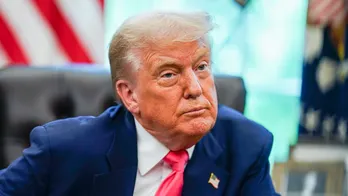

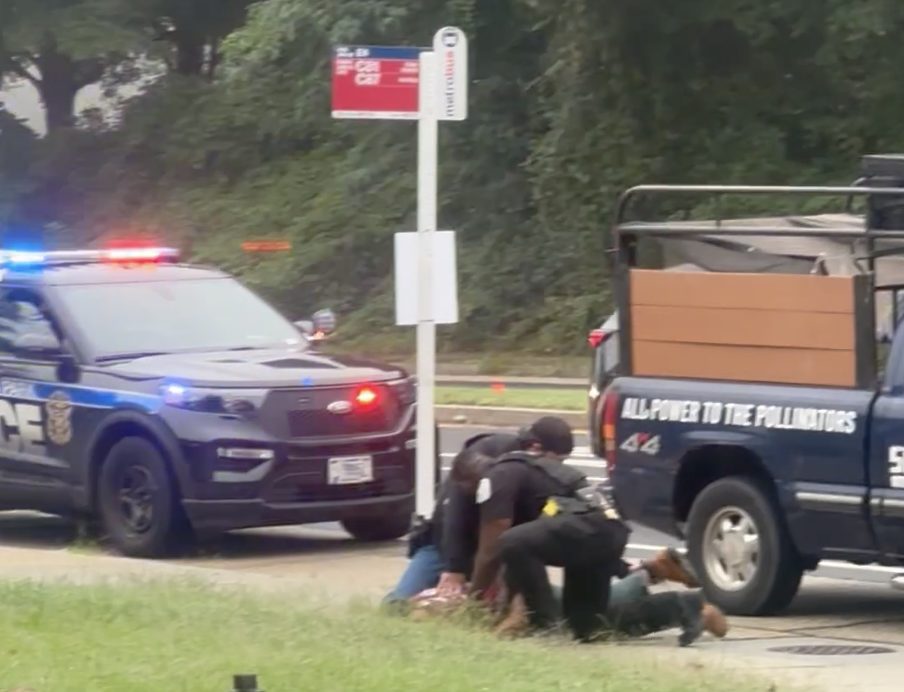
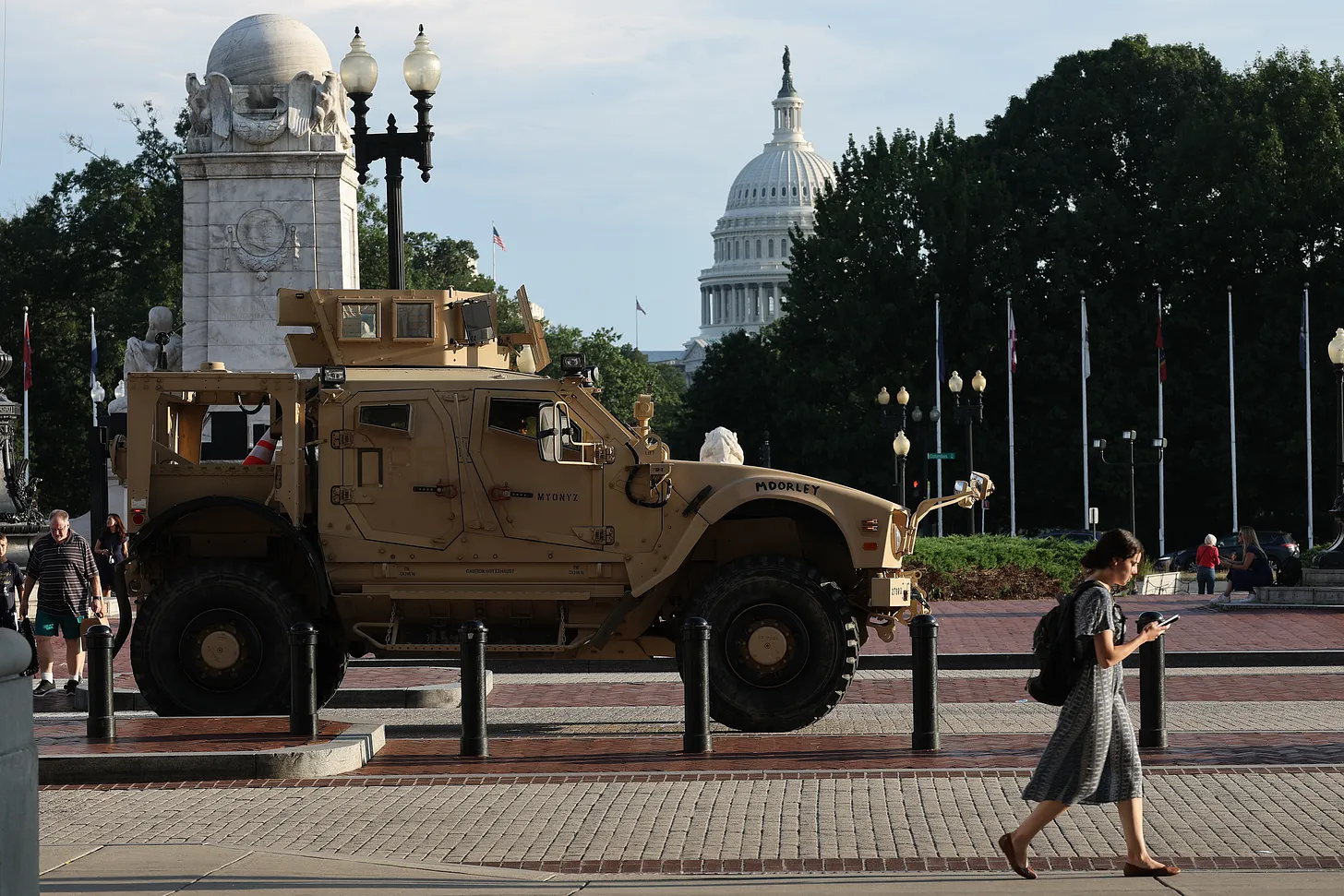
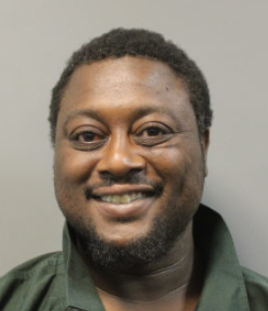
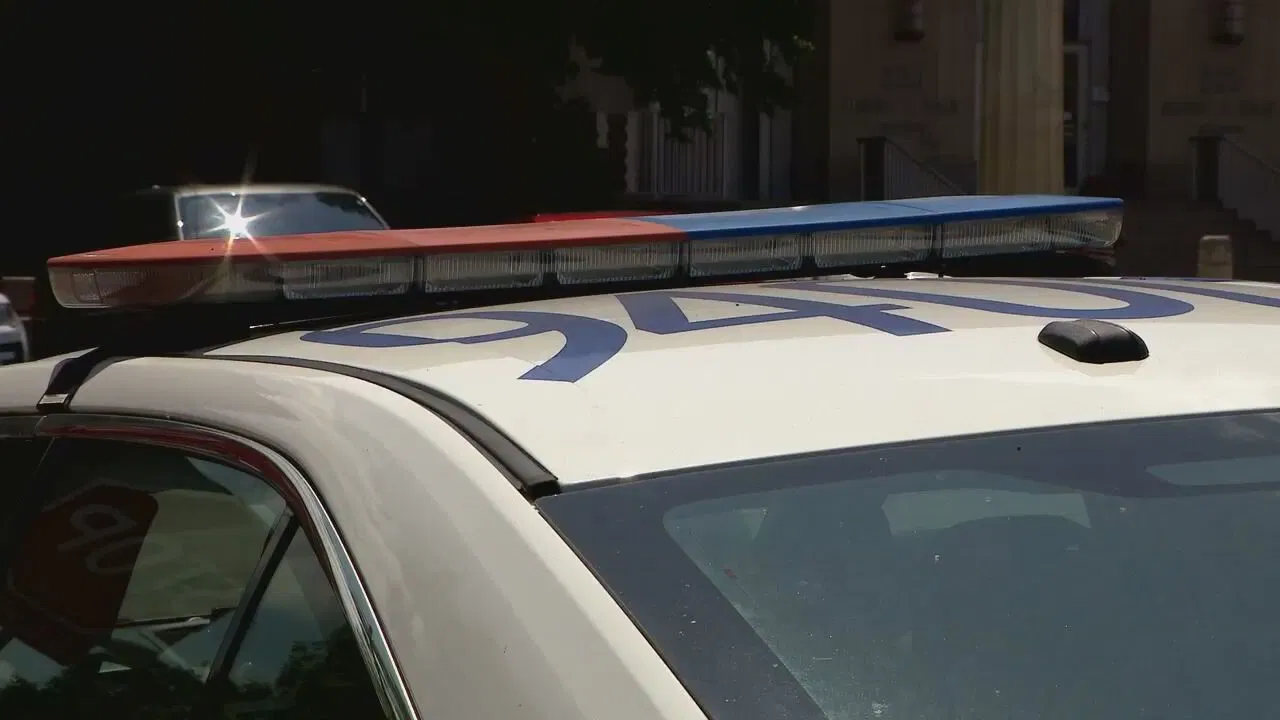


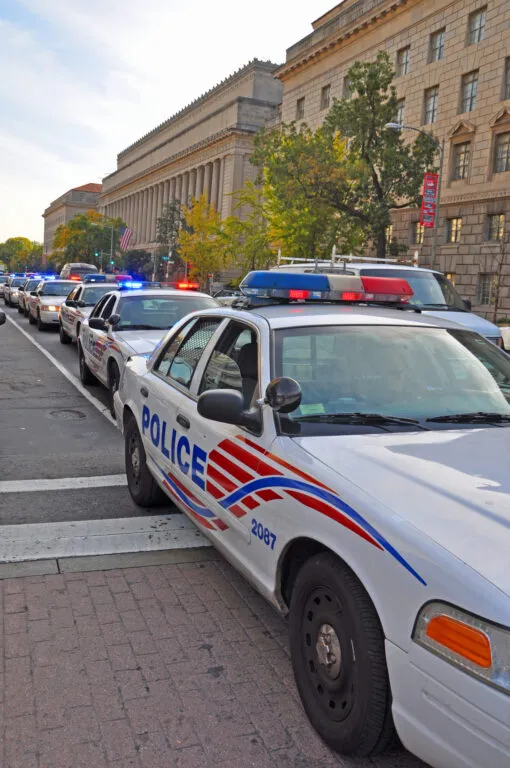
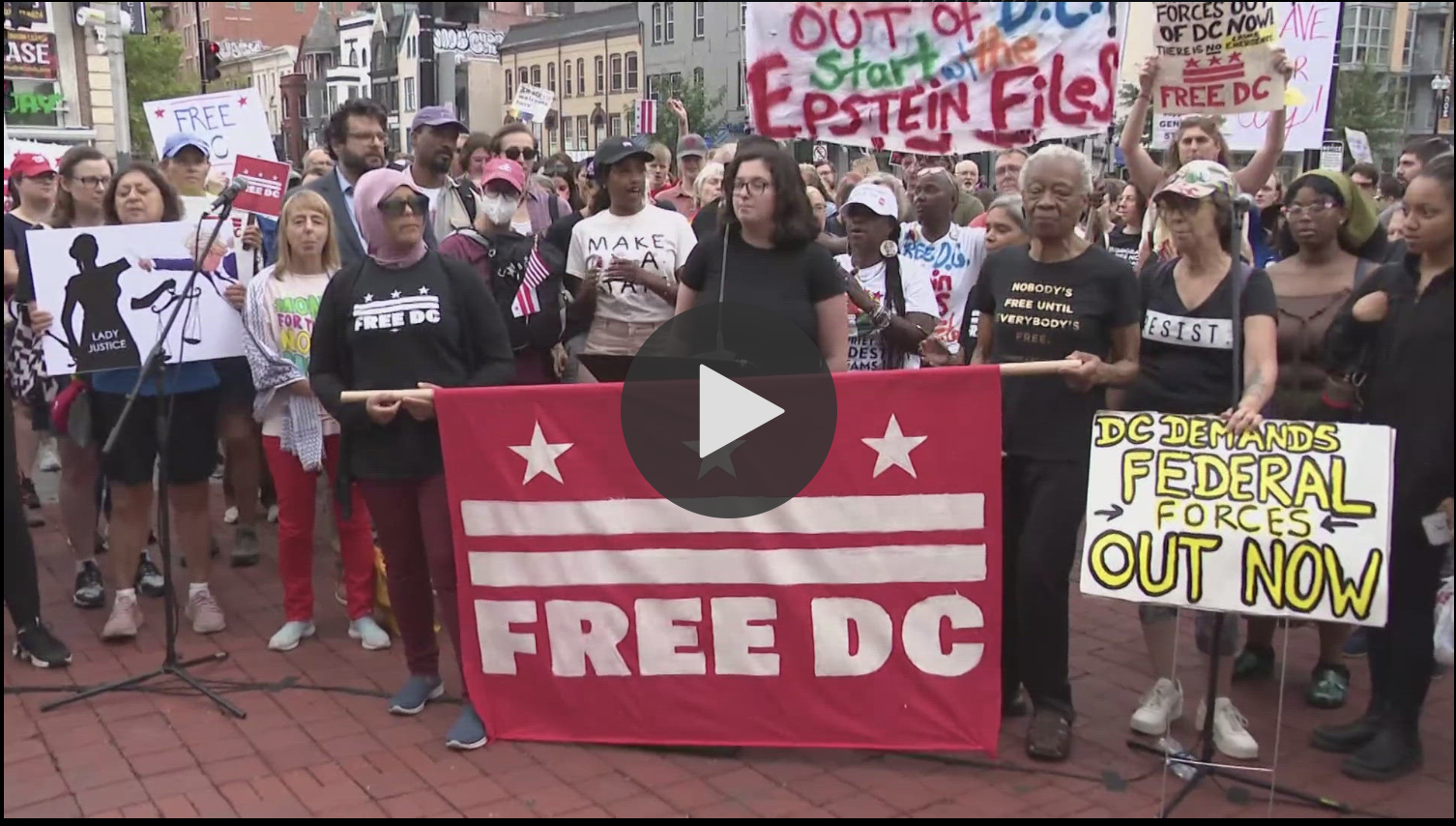
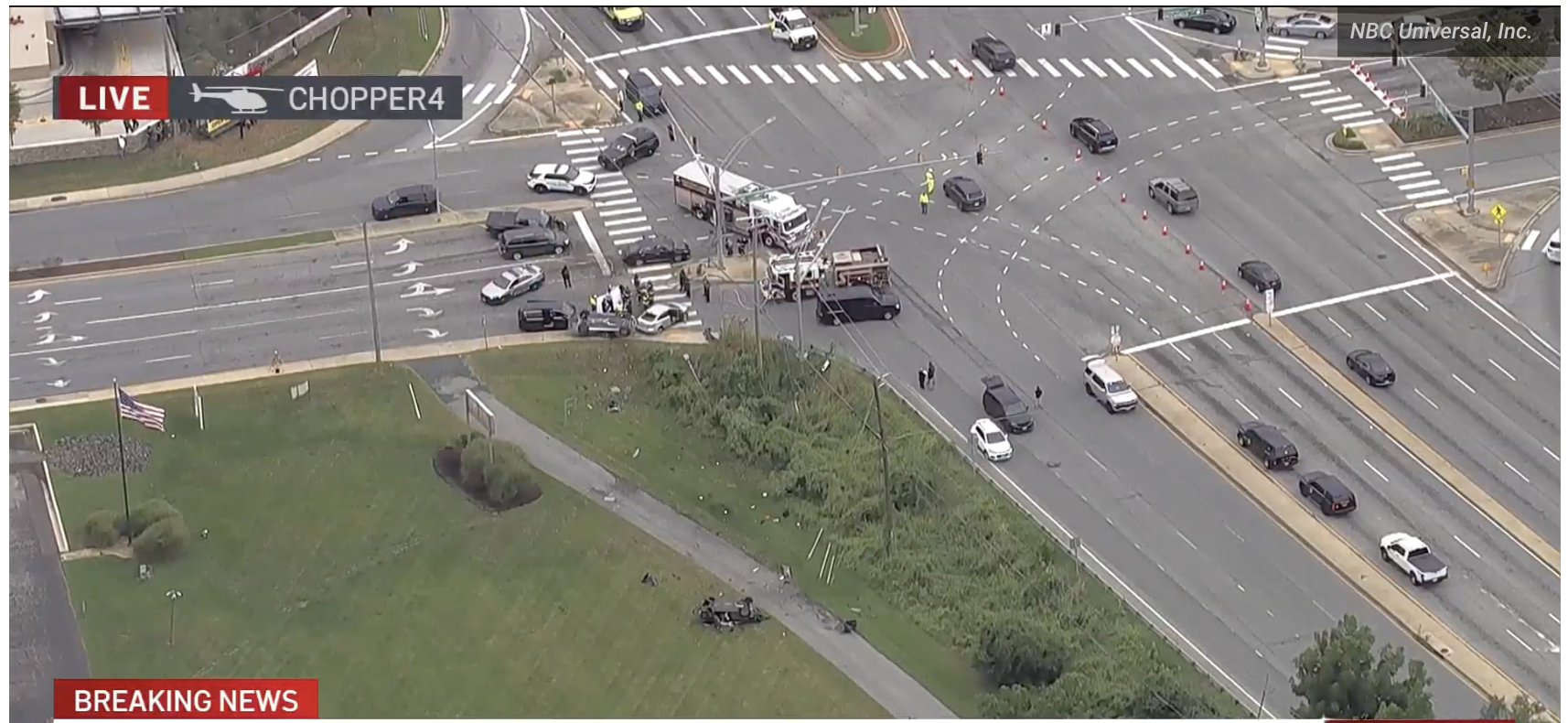

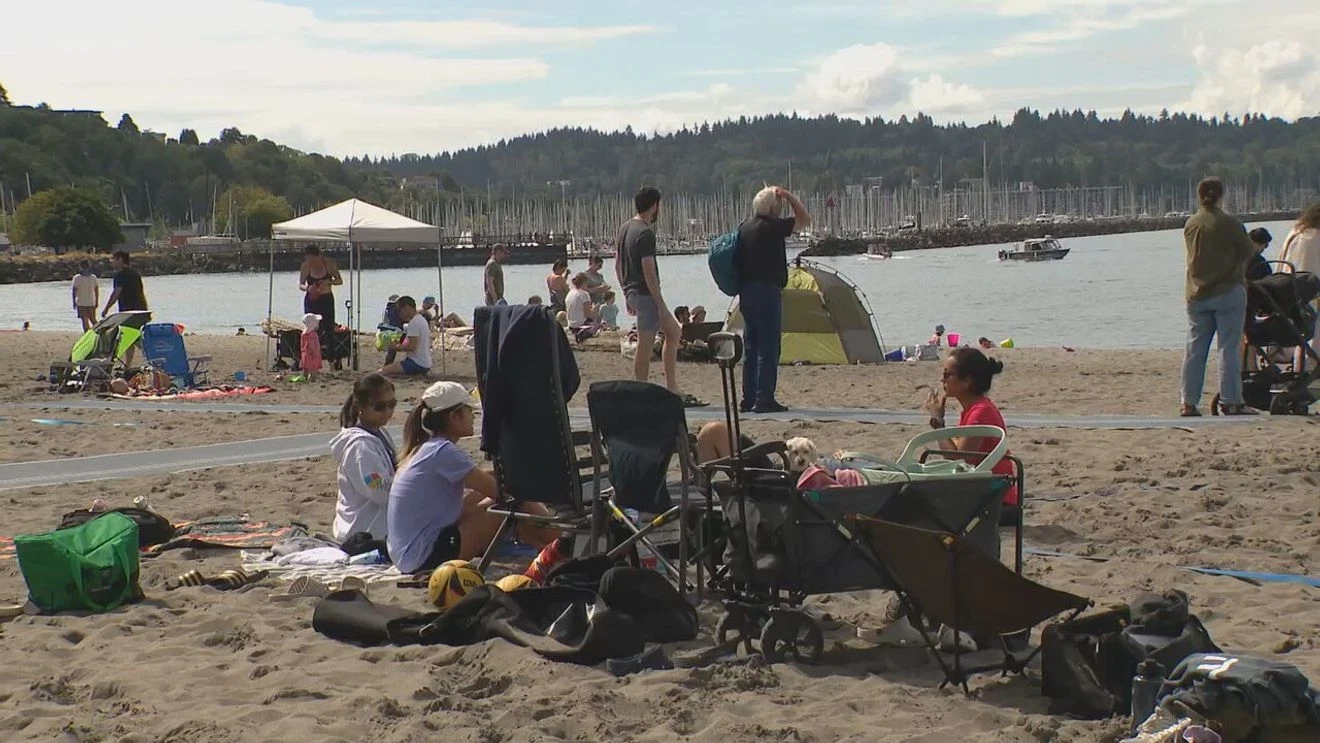
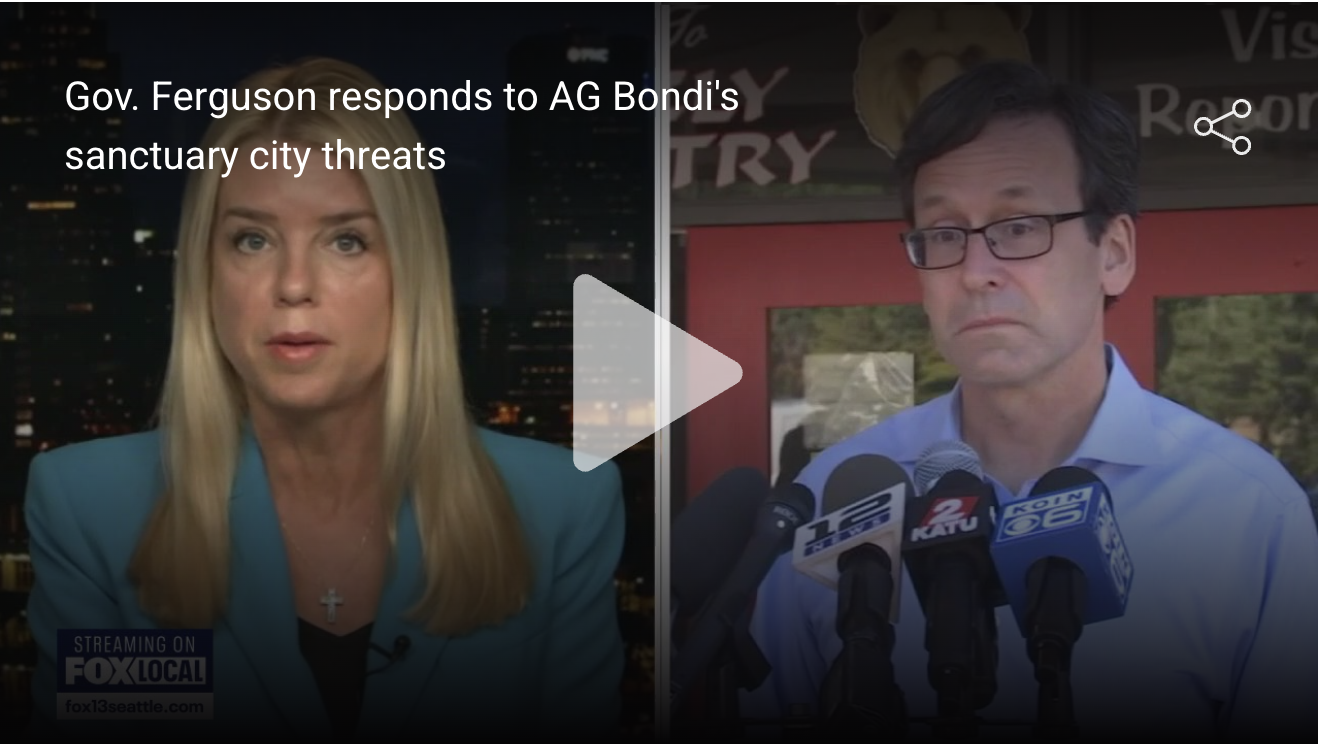
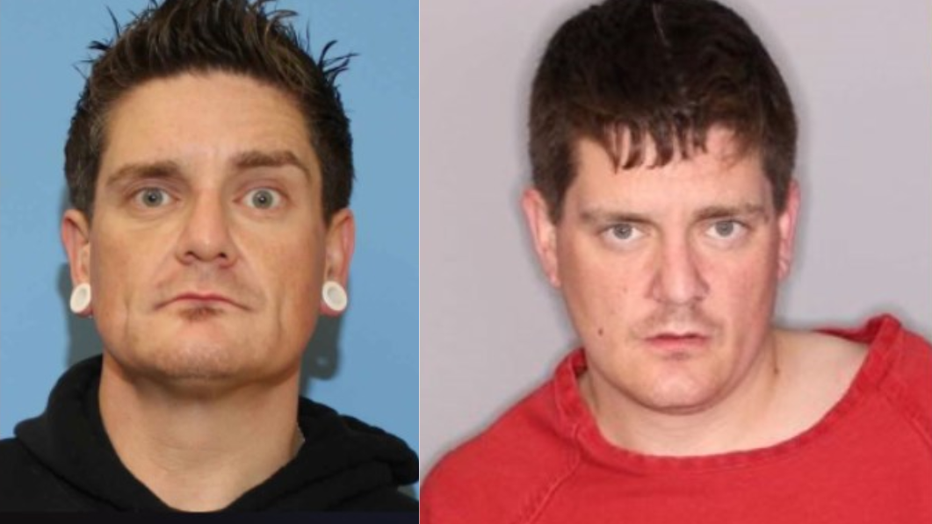
Leave a Reply